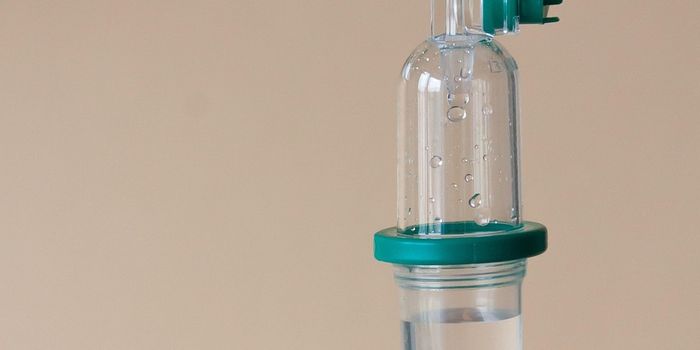Scientists Grow Mini Kidneys to Treat Kidney Disease
Current methods for testing potential treatments for kidney disease do not take genetic variation into account for how treatments may vary from patient to patient. To address this issue, an international team of researchers led by Nanyang Technological University Singapore (NTU Singapore) developed a process by which this genetic variation could be tested to ensure the patient receives the best treatment.
In their lab, the researchers grew “miniature kidneys”, or kidney organoids, outside of the body from skin cells from a person with polycystic kidney disease. They then reprogrammed these cells to create patient-specific pluripotent stem cells, from which they were able to grow kidney organoids which resemble human kidneys in the first three to six months of fetal development.
Once ready, they tested two potential treatments for polycystic kidney disease on the organoids to understand their therapeutic effects. In testing for drug efficacy in this way, the researchers hope that treatment plans may become more personalised in the future, as they may be tailored towards each patient for maximum efficacy, prior starting any treatment in the body.
According to Assistant Professor Xia, "Our kidney organoids, grown from the cells of a patient with inherited polycystic kidney disease, have allowed us to find out which drugs will be most effective for this specific patient. We believe that this approach can be extended to study many other types of kidney disease, such as diabetic nephropathy."
More than this, the researchers also say that their work may offer new insights into human kidney development. In examining the genetic information within their kidney organoids, the team discovered a new source of stem cells that make kidney blood vessel networks: nephron progenitor cells. Previously unknown, Professor Foo Jia Nee of NTU Singapore said, “Using this novel organoid platform, we unexpectedly discovered a new source of renal blood vessels that may improve our understanding of kidney development."
These organoids may also be used to develop a better understanding of the development of nephrons in the kidney. As being born with a higher number of nephrons is associated with protection against conditions such as hypertension and kidney failure, the researchers hope that their work will help them develop ways to promote a high birth nephron number for foetuses while still in the womb.
Sources









